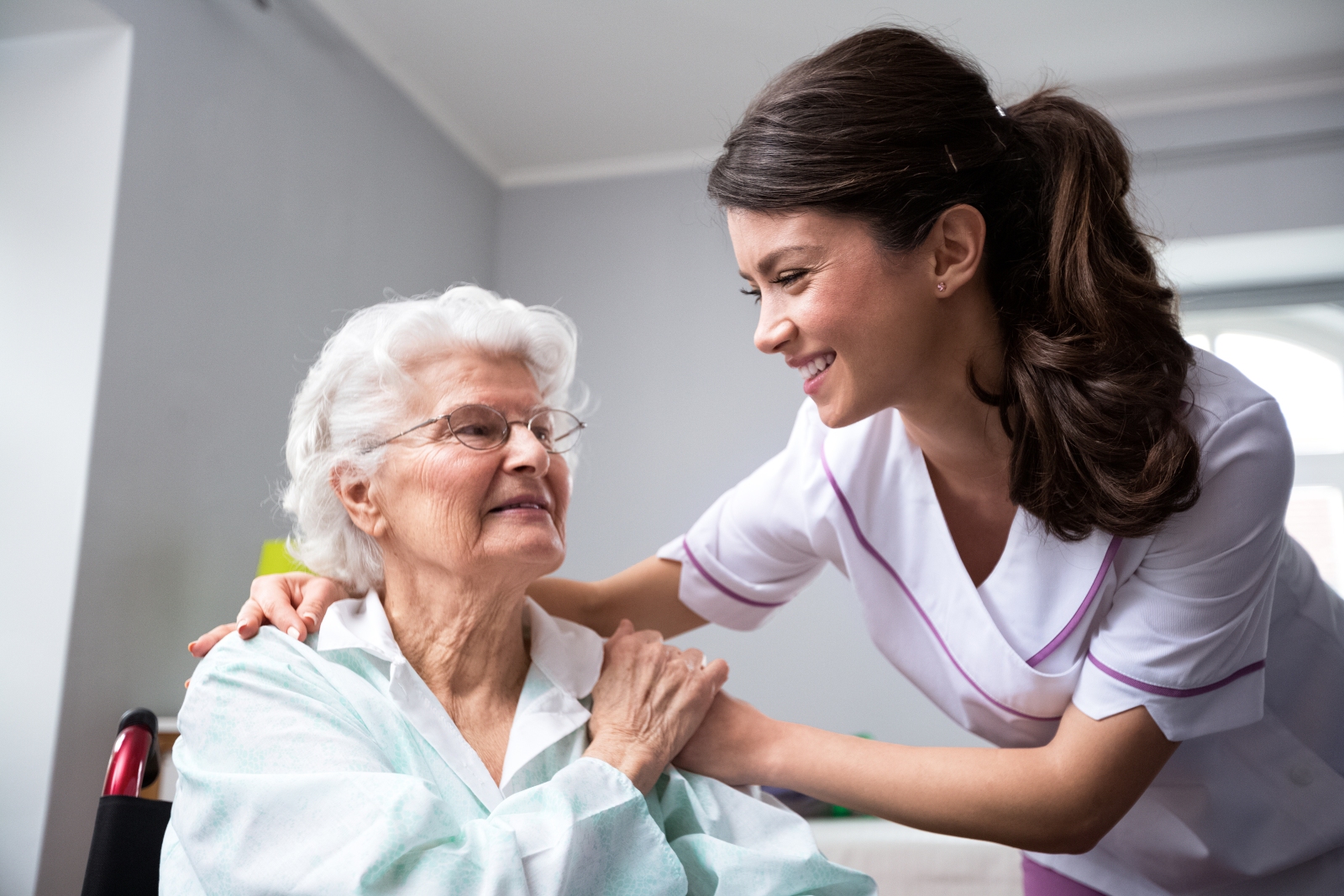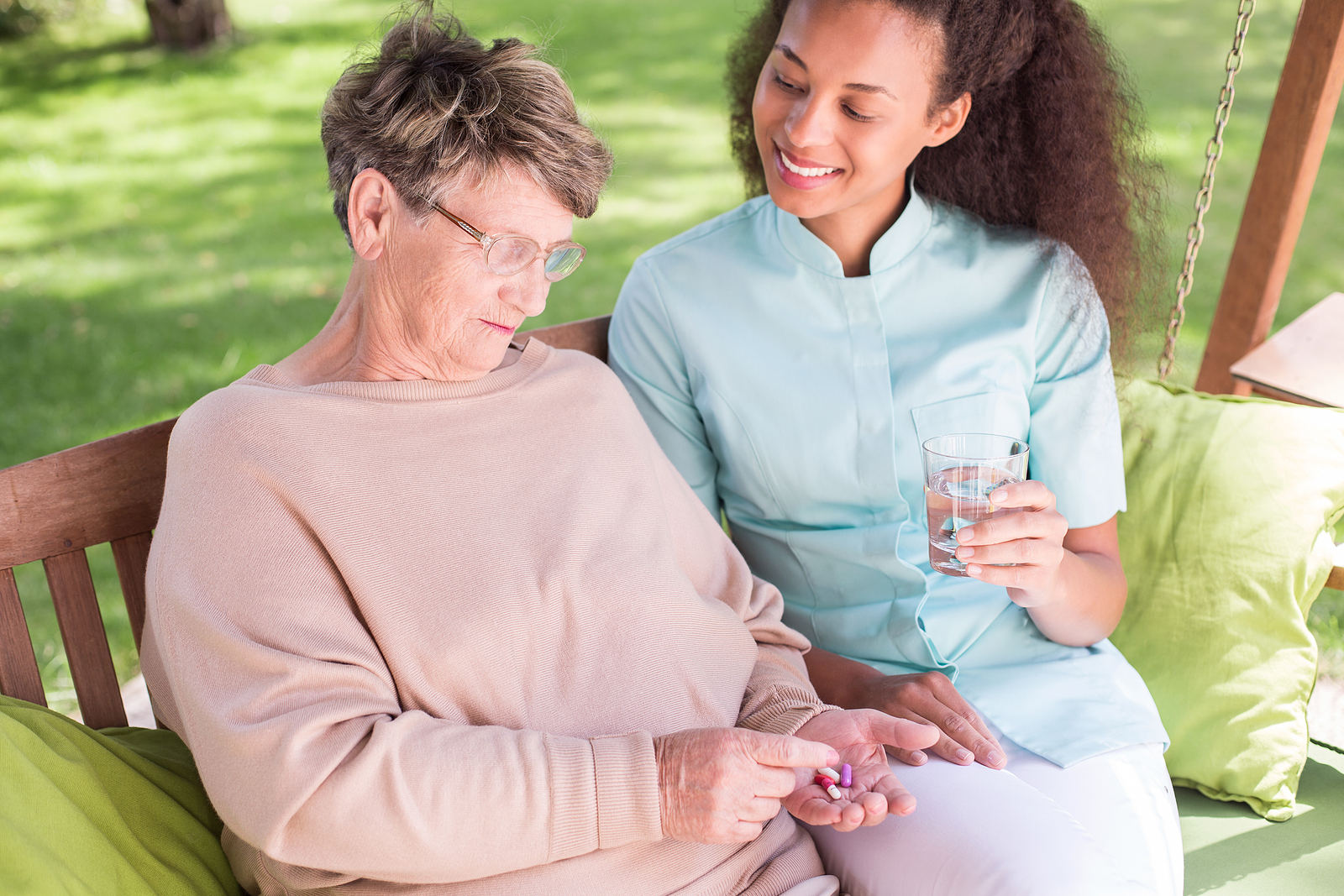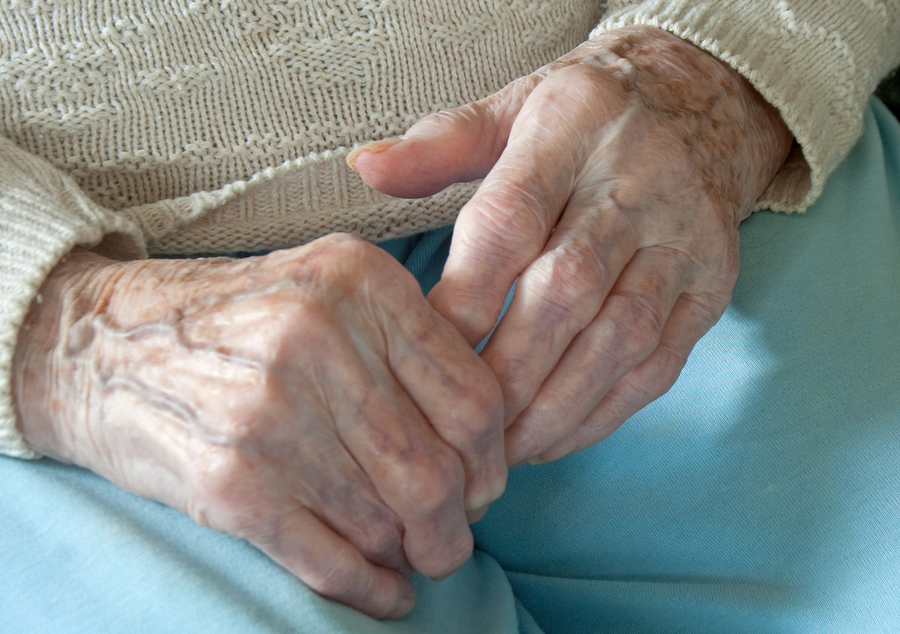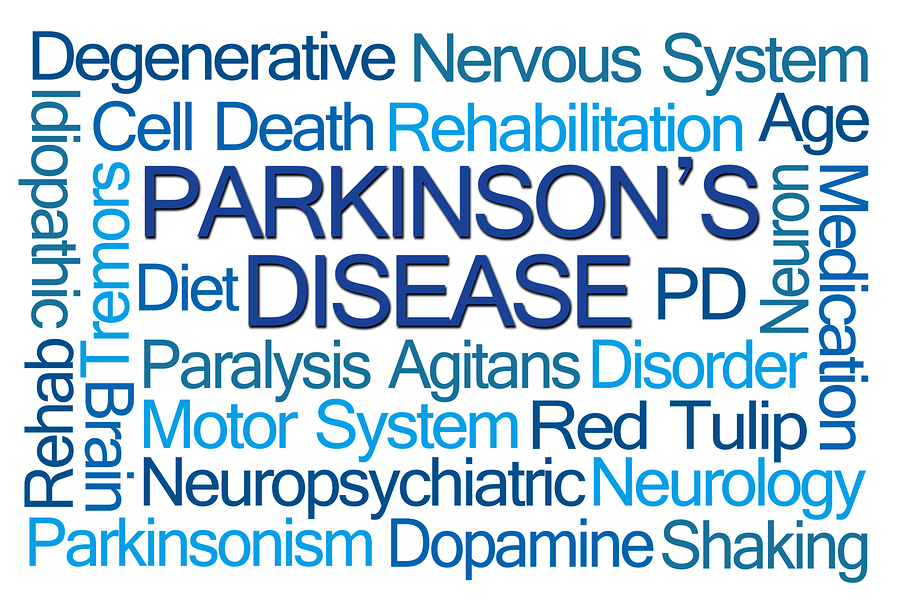
Your mom’s doctor diagnosed her with celiac disease this year. Some of the symptoms that led to this diagnosis include your mom’s constant stomach pain and gas, migraines, anemia, and vitamin B12 deficiency. As the holidays approach, you’re not sure how to plan meals that don’t put her health at risk. Here are a few things to consider about celiac disease, and how in-home care can help your senior handle it on a daily basis.
What is Celiac Disease?
Celiac disease occurs when gluten triggers an autoimmune response within the body. The small intestines are lined with tiny villi. Those villi help absorb nutrients from foods. When the autoimmune response in Celiac disease is triggered, it causes the villi to swell and become inflamed.
Once the villi are inflamed, they cannot properly absorb the nutrients that are necessary. They also cannot release enough of the enzyme that’s necessary for breaking down lactose in dairy products. All of that leads to malnutrition and abdominal pain. As gluten is found in wheat, barley, and rye, many foods need to be avoided.
How Do You Choose Appropriate Foods
When you’re planning holiday meals, you need to carefully read labels of anything that’s packaged. Make as much as you can from scratch and stick to gluten-free flour mixes for bread and rolls, pie crusts, and other baked goods.
Gluten-free flour mixes often contain a mixture of rice flour, sorghum flour, and potato starch. As this flour mix doesn’t have the same texture as flour, trial and error may be needed to find the best recipes.
Load up on vegetables for meals. Instead of dinner rolls, consider making individual cheese souffles using eggs, melted cheese, and butter. If you distribute the batter in foil muffin tins, they’ll be easy to remove from the muffin pan.
When you do purchase items for dishes like green bean casserole, watch the ingredients carefully. Cream of mushroom soup often contains gluten. You’ll need to avoid canned soup that doesn’t specifically state gluten-free on the label. Crispy onions also have gluten, so you’ll need to make them from scratch or find gluten-free versions.
As many specialty gluten-free items aren’t available everywhere, you may need to shop online. Avoid the last-minute rush and order as far in advance as you can.
Support Her Throughout the Year with In-Home Care
Shopping for appropriate foods takes time and care. If your mom has a hard time reading the ingredient labels on foods without a magnifying glass, it makes it so much harder. She has many appointments to keep, and she admits it feels overwhelming.
Hire in-home care providers to help her. Her caregivers can accompany her while shopping, help her cook appropriate meals, and get her to her appointments. Call an in-home care advisor for home care pricing and services that support people with Celiac disease.
If you or an aging loved one is considering in-home care in Lafayette, CA, please contact the caring staff at Golden Heart Senior Care of Walnut Creek. (925) 203-3039.








